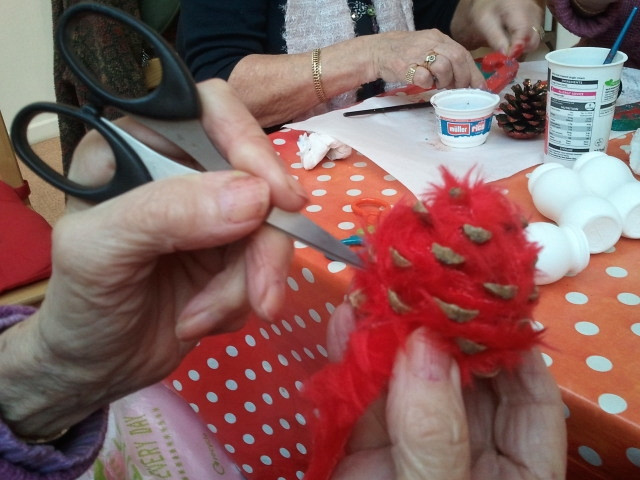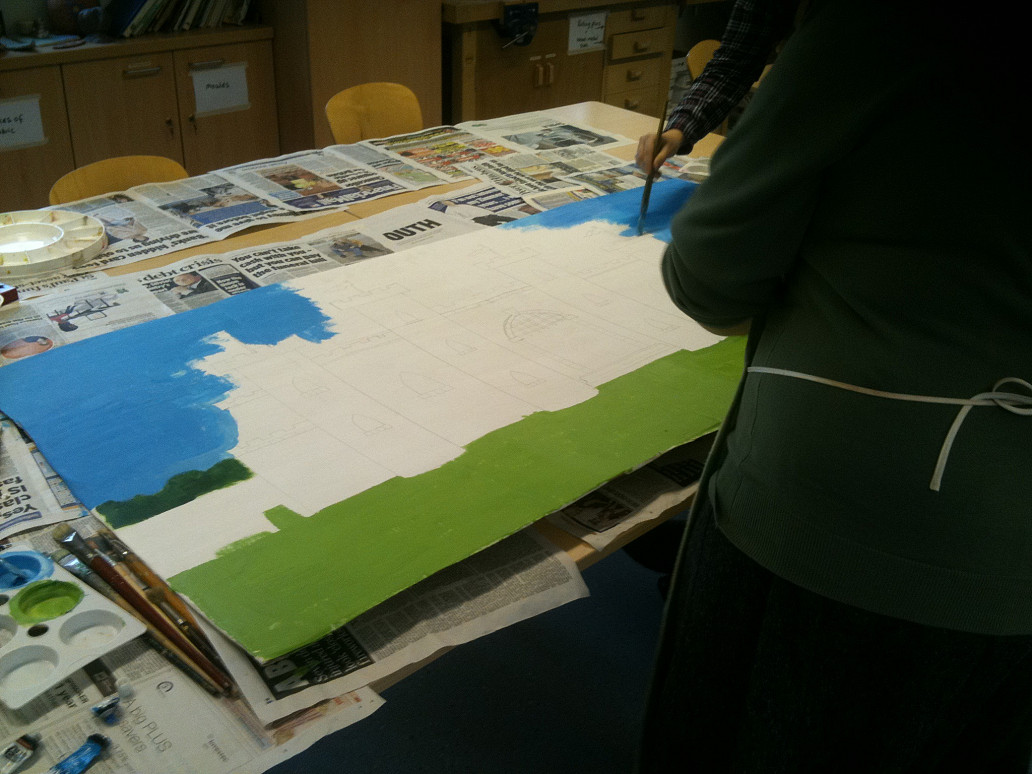Help
Community21 has selected some case study communities and projects to share across the network to inspire and inform others. Should we be featuring yours? If so get in touch.




Name of project / Activity: Occupational Therapy Role Emerging Placements
Author name(s): Tracy Szekely
Job title: Senior Lecturer/Occuaptional; Therapy Practice Placement Tutor
Project Outline (max 500 words): Occupational Therapy Role Emerging Placements
“Occupational therapy is a client centred health profession concerned with promoting health and well being through occupation. The primary goal is to enable people to participate in the activities of every day life. This outcome is achieved by working with people and communities to enhance their ability to engage in the occupations they want to, need to, or are expected to, or by modifying the occupation or environment to better support their occupational engagement” (WFOT 2002). Occupational therapy students at the University of Brighton attend 5 practice placements and have to complete 1,000 hours (COT 2014) to qualify and register with the Health Care Professions Council (HCPC 2013). Role emerging placements are those which occur at a site where there is not an established occupational therapy role (COT 2006). Role emerging placements have been an option for our students since the course’s inception in 1994. In 2011 it became compulsory for the MSc students to do a placement outside the statutory services and in 2013 this was followed by the BSc students. The majority of our 60 students now complete this penultimate 8 week placement in an emerging role setting, resulting in many collaborative projects with community organisations including homeless day centres and hostels; residential and nursing homes; physical disability charities and day centres; young people’s projects and schools; mental health hostels; sheltered housing facilities; a podiatry clinic; mother and baby services; a prison; an inter-generational dementia project. Research carried out at the university has identified that these placements are significant in helping students to develop their professional identity and confidence to practice as new graduates (Clarke 2014)and there is also a national trend for this development in Occupational Therapy education (COT 2006). Students normally go on these placement in pairs for 7 weeks preceded by 1 day a week’s induction for 5 weeks. This provides the opportunity for them to complete their induction and negotiate their plan for the placement with their on site supervisor. During this time students have the opportunity to attend university based action learning groups to discuss assessment and intervention issues. Each student receives I hours supervision each week from both an onsite supervisor and an Occupational Therapist who is normally a clinician but can be a university Occupational Therapy tutor. There has been much success with these placements; specific feedback from the placements has included a decrease in evictions and challenging behaviour in homeless projects and a decrease in falls in nursing homes. Since this placement has become compulsory students have received very positive feedback from their final traditional placements and when going for ‘traditional’ job interviews regarding their ability to articulate their professional skills and identity. In addition some students have been confident to apply for jobs in emerging role settings for their first post. Examples of this include a mental health hostel; a young people’s charity; a special school; an elderly carers’ project; a vocational service.
References
Clarke, C. (2014) Emerging from the shadows- the development of an authentic professional identify
on role-emerging placements. British Journal of Occupational Therapy.
College of Occupational Therapists (2006) Developing the occupational therapy profession:
providing new work-based learning opportunities for students. London: COT.
College of Occupational Therapists (2008) Learning and development standards for pre-registration
education .London: COT.
Health and Care Professions Council (HCPC) (2012) Standards of Education and Training
Guidance. London: HCPC.
World Federation of Occupational Therapists (2002) Revised minimum standards for the education of occupational therapists. Australia: WFOT.